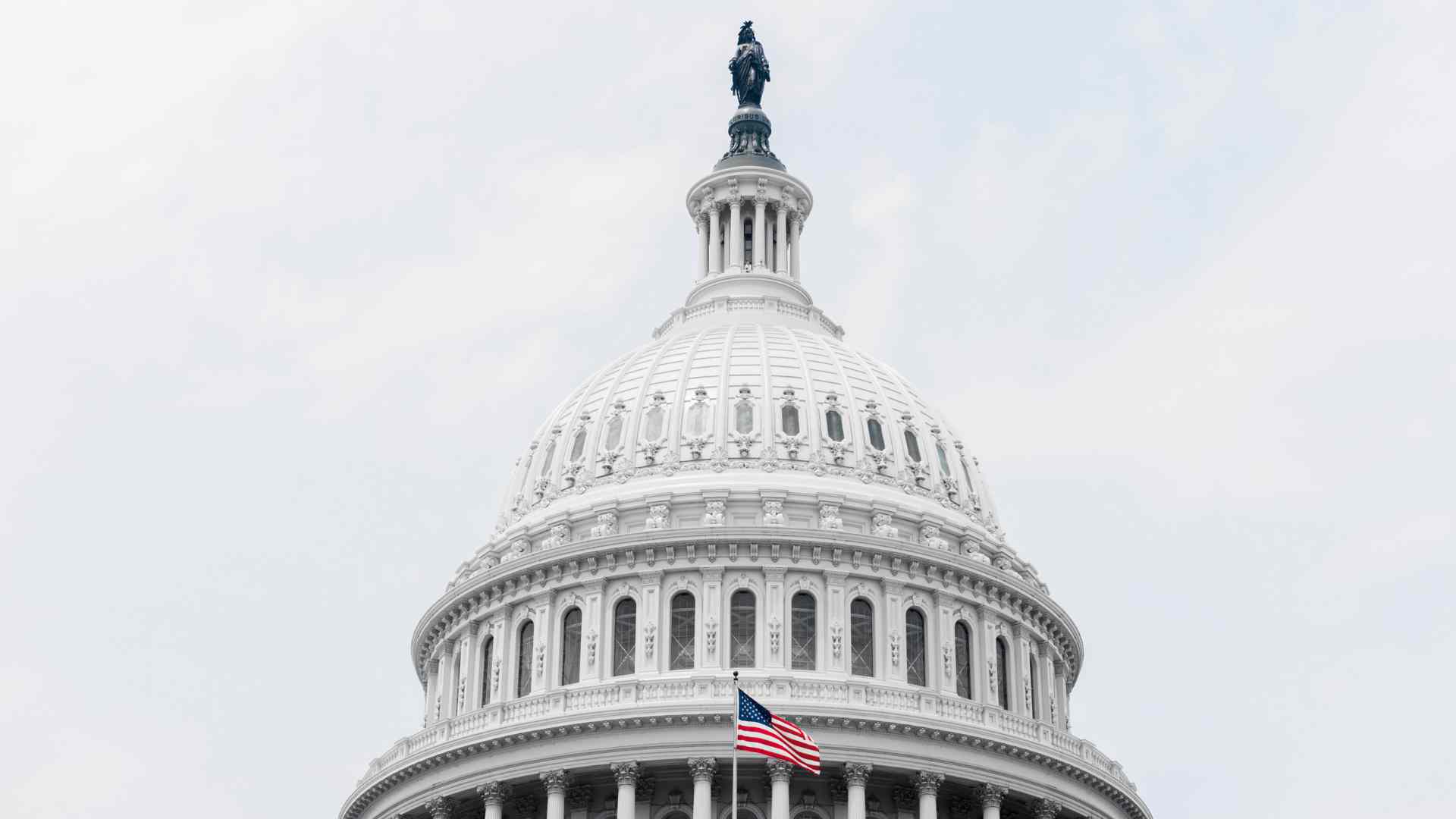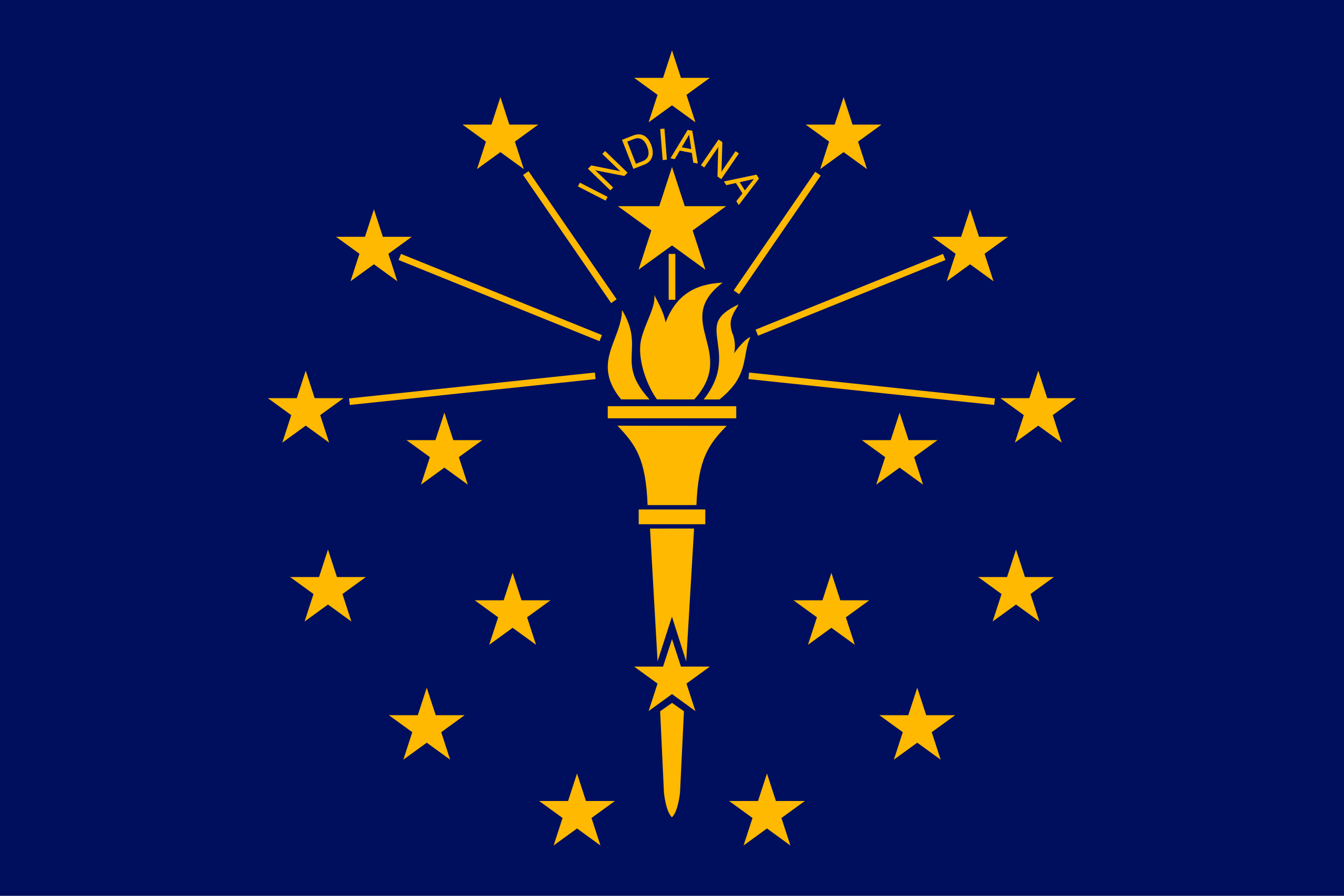Follow us on LinkedIn
Our PageWhen it comes to mileage reimbursement, each state in the US has its own set of rules and regulations that govern how employers should compensate their employees for business-related travel. While most states adhere to federal guidelines for mileage reimbursement, there are exceptions. In this comprehensive guide, we’ll explore the mileage reimbursement rules in several key states and shed light on the unique regulations in Massachusetts, California, and Illinois.
Top Ten State Mileage Reimbursement Rules
To learn more about mileage reimbursement rules and rates in these top ten states just click the link to go to a specific state:
- Ohio Mileage Reimbursements | Cardata
- Massachusetts Mileage Reimbursement Basics | Cardata
- Illinois Mileage Reimbursement Guide | Cardata
- California Mileage Reimbursement: Rates and Rules | Cardata
- Georgia Mileage Reimbursement: What You Need to Know | Cardata
- Guide to Michigan Mileage Reimbursement Rules | Cardata
- Florida Mileage Reimbursement | Cardata
- New York Mileage Reimbursement: Rates and Rules | Cardata
- Pennsylvania Mileage Reimbursement rules and rates | Cardata
- North Carolina Mileage Reimbursement Rules | Cardata
- Texas Mileage Reimbursement Rates and Rules | Cardata
Mileage Reimbursement: A Brief Overview
Mileage reimbursement is the practice of compensating employees for the costs incurred during work-related travel using their personal vehicles. It’s crucial for employers and employees alike to understand these regulations to ensure accurate and fair compensation for travel expenses.
Federal Guidelines
The Internal Revenue Service (IRS) establishes federal guidelines for mileage reimbursement rates. These rates are periodically updated and are designed to cover both fuel costs and general wear and tear on a vehicle. As of the latest update, the standard mileage rate for business travel is $0.655 per mile.
State-Specific Mileage Reimbursement Rules
While most states follow federal guidelines for mileage reimbursement, some have unique regulations that differentiate them from the standard federal rates. Let’s take a closer look at the specific rules in Massachusetts, California, and Illinois.
Massachusetts Mileage Reimbursement Rules
In Massachusetts, the mileage reimbursement rules stand out from the federal norms. Employers in the state are required to reimburse employees for the “reasonable expenses” incurred during business-related travel. This means that employers must cover all reasonable and necessary expenses related to the use of a personal vehicle for work purposes, including mileage.
California Mileage Reimbursement Rules
Similar to Massachusetts, California has specific mileage reimbursement rules that exceed federal guidelines. Employers in California are legally obligated to reimburse employees for all necessary expenditures they incur while performing job-related tasks. This includes mileage as well as other costs associated with vehicle usage.
Illinois Mileage Reimbursement Rules
Illinois also deviates from the federal standard by requiring employers to reimburse employees for necessary job-related expenses, which includes mileage. The key difference in Illinois is that employers are obligated to cover these expenses even if they don’t have a written reimbursement policy in place.
Other States and Federal Guidelines
In contrast to Massachusetts, California, and Illinois, the other states, including Ohio, Georgia, Michigan, Florida, New York, Pennsylvania, and North Carolina, generally follow federal mileage reimbursement guidelines. These states abide by the IRS-approved standard mileage rate to calculate reimbursements for business travel expenses.
Tax Implications of Mileage Reimbursement
It’s important to note that mileage reimbursement can have tax implications for both employers and employees. The IRS-approved mileage rate is designed to cover various vehicle-related expenses, including fuel, maintenance, and depreciation. Reimbursing employees at or below this rate is considered a non-taxable expense. However, if employers reimburse at a higher rate, the excess may be subject to income tax.
In Conclusion
Mileage reimbursement rules in the United States can vary significantly from state to state. While most states adhere to federal guidelines for mileage reimbursement, Massachusetts, California, and Illinois have distinct regulations that require employers to provide more comprehensive compensation for business-related travel. Employers and employees should be well-informed about these rules to ensure compliance and fair compensation. Whether your state follows federal guidelines or has specific regulations, understanding the intricacies of mileage reimbursement is essential for a smooth and transparent employer-employee relationship.
Share on:



